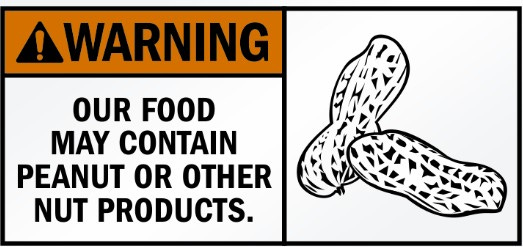The Power of Suggestion in a Crisis
How 2020 Turned Humanity into Peanut Butter Sandwich Guinea Pigs
In 2020, the world became a laboratory for an experiment few saw coming. Humanity, by and large, exists in a state of suggestibility—a condition where thoughts, feelings, and actions bend under the weight of external forces. This isn’t a judgment; it’s a recognition of how deeply government and media can imprint themselves on our collective psyche. I know because I was there. That year, the levers of influence weren’t just pulled—they were slammed down with force, reshaping lives in ways that still ripple through us today.
The COVID-19 pandemic brought fear, uncertainty, and a hunger for direction. Governments stepped in, flanked by a media machine that amplified every decree (backed by a 100% tax-break from the Morrison government). The message was singular: comply or catastrophe. Masks, lockdowns, and eventually vaccines became the trinity of salvation, sold not as options but as imperatives. Suggestibility thrives in such soil—where complexity is flattened into slogans, and dissent is branded as danger. Most people didn’t resist, not out of weakness, but because the human mind is wired to trust when the stakes feel existential
Then came the vaccine rollout, a moment that crystallized the stakes of this dynamic. Data now suggests—through studies, adverse event reports, and mounting anecdotes—that some who were never at risk from COVID itself have suffered, even died, from the shots. The young, the healthy, the low-risk were swept into a one-size-fits-all mandate, like forcing everyone to eat peanut butter sandwiches without asking who’s allergic. It’s a brutal analogy, but it fits. The policy wasn’t calibrated to individual need; it was a shotgun blast of control, justified by a narrative that drowned out nuance.
This wasn’t science—it was Russian Roulette with extra steps. Science asks questions, tests variables, weighs trade-offs. What we got instead was a script: “Safe and effective,” repeated until it felt like truth. The allergic didn’t get a say; the hesitant were shamed. And when the cracks appeared—when data hinted at myocarditis, clotting, or worse—the machine doubled down. Suggestibility doesn’t bend to evidence; it clings to the loudest voice. Think Daniel Andrews, CHOs, CMO, ATAGI.
The fallout is still unfolding. Families grieve losses that might’ve been avoided. Trust in institutions, already fraying, has unraveled further. Yet the lesson isn’t despair—it’s clarity. 2020 showed us how far external forces can stretch, how easily they can mold a population primed to obey. But it also sparked a countercurrent: people waking up, questioning, digging into the data themselves. The government and media may shape the majority, but they don’t own everyone.
Humanity’s suggestibility isn’t a flaw to condemn—it’s a feature to understand. It’s the foundation for how people move through addictions. It’s why propaganda works, why fear sells, why control can feel like care. The peanut butter sandwich wasn’t malice; it was hubris, dressed up as necessity.
As we sift through the wreckage of those choices, the task isn’t just to point fingers—it’s to see the strings. Because once you do, they’re harder to pull twice.



